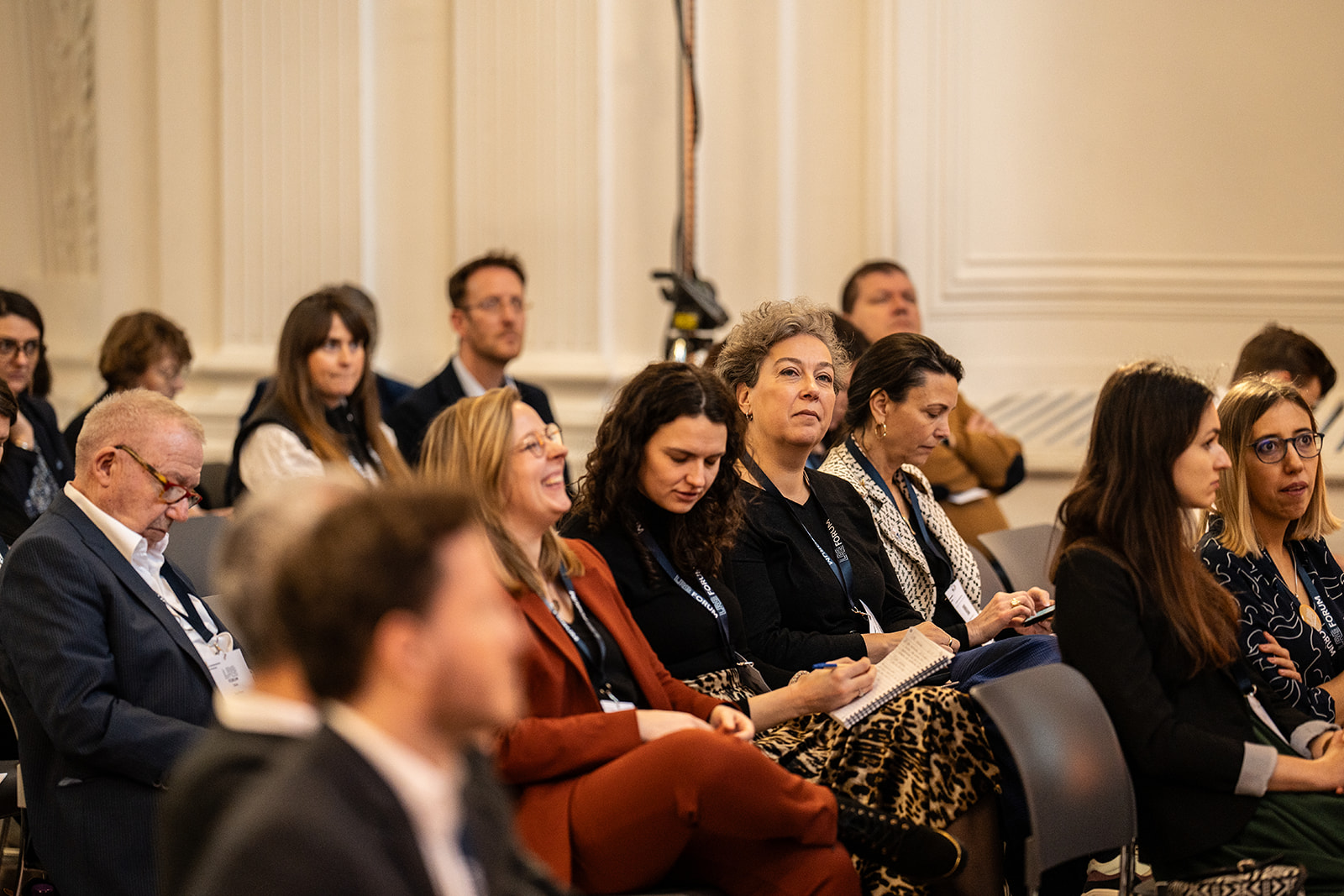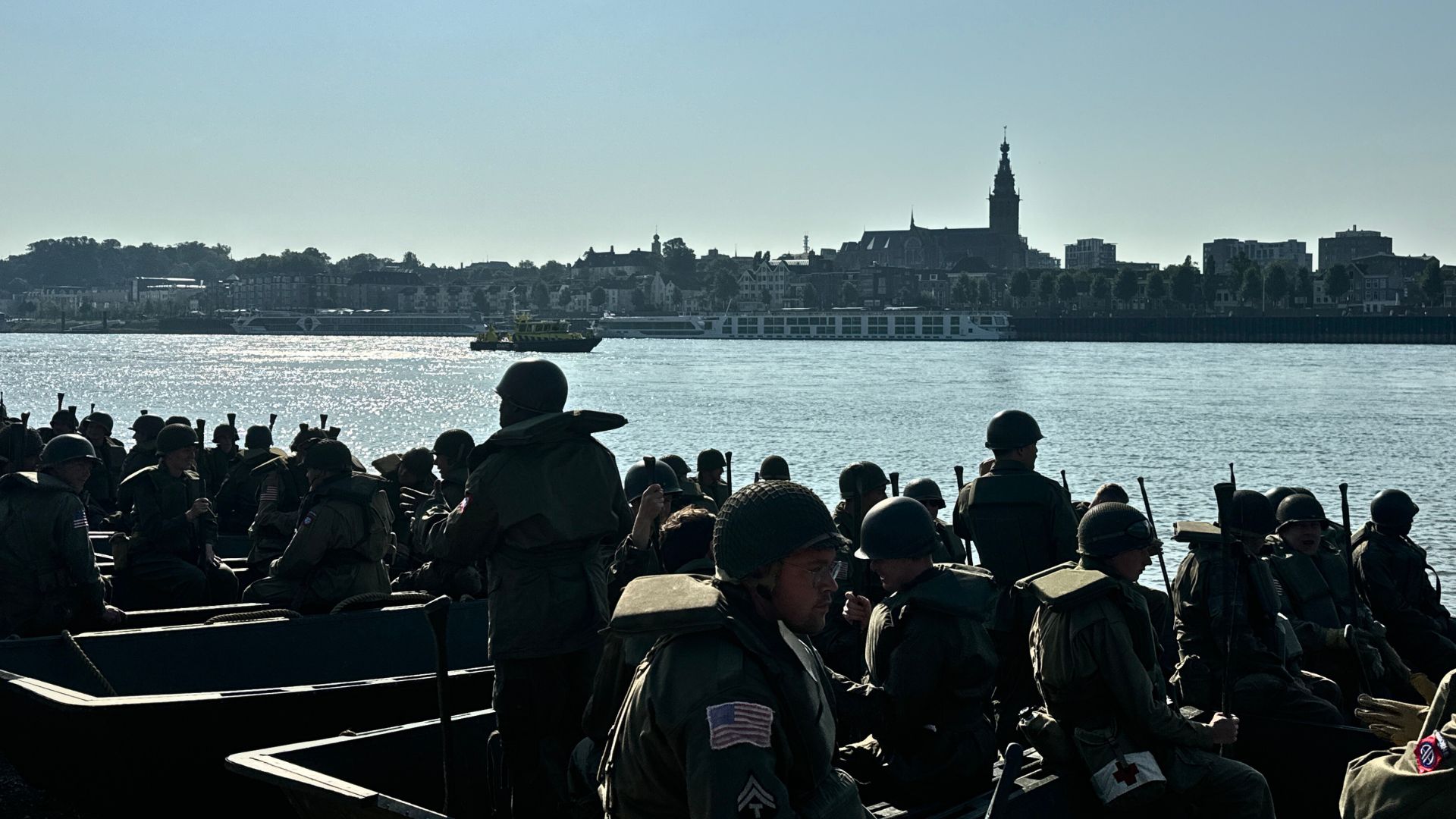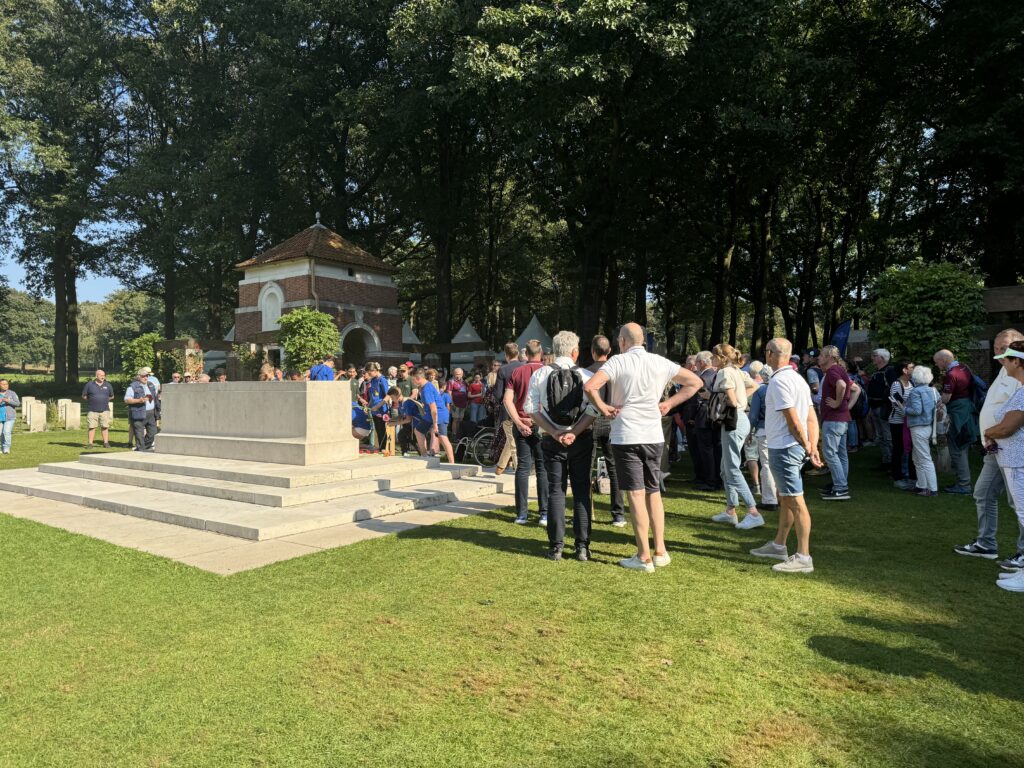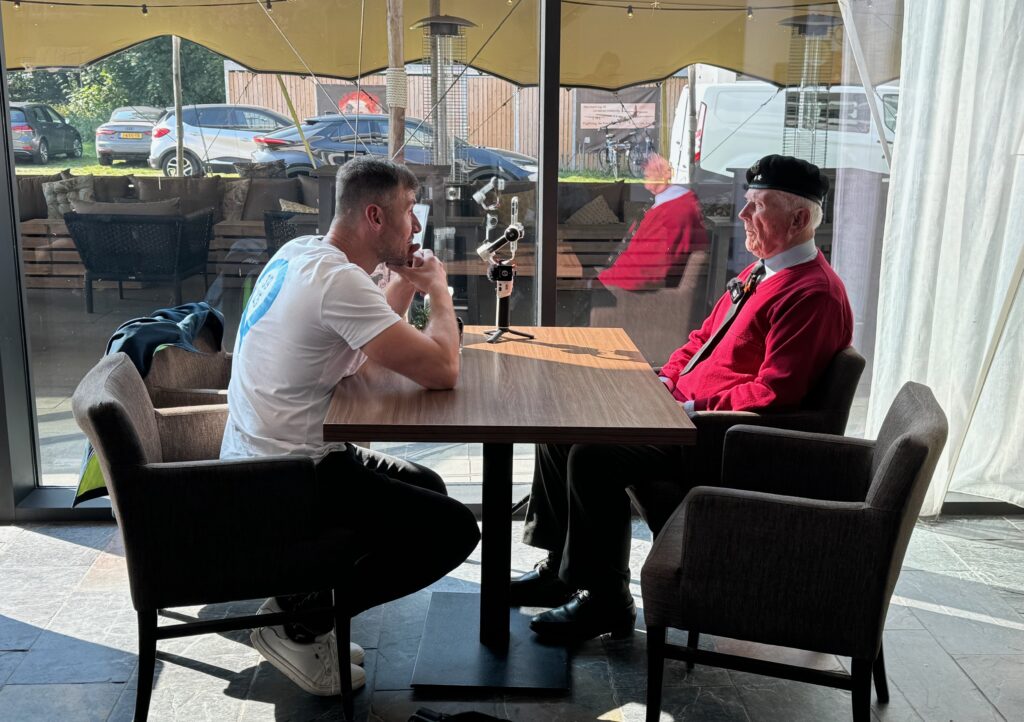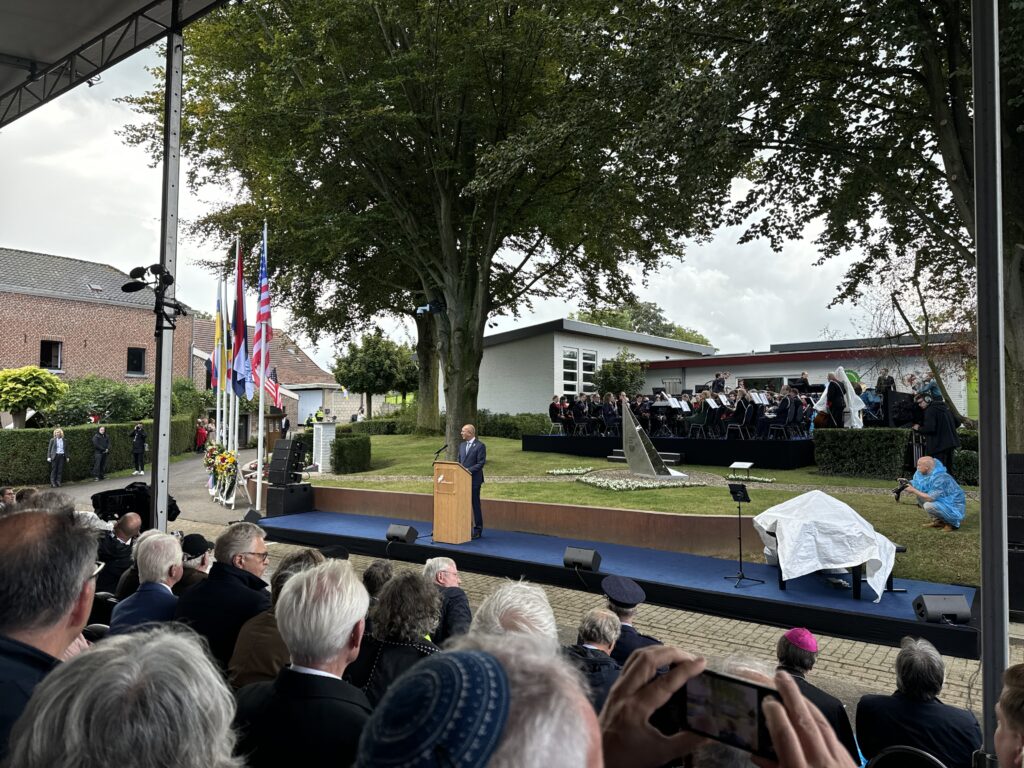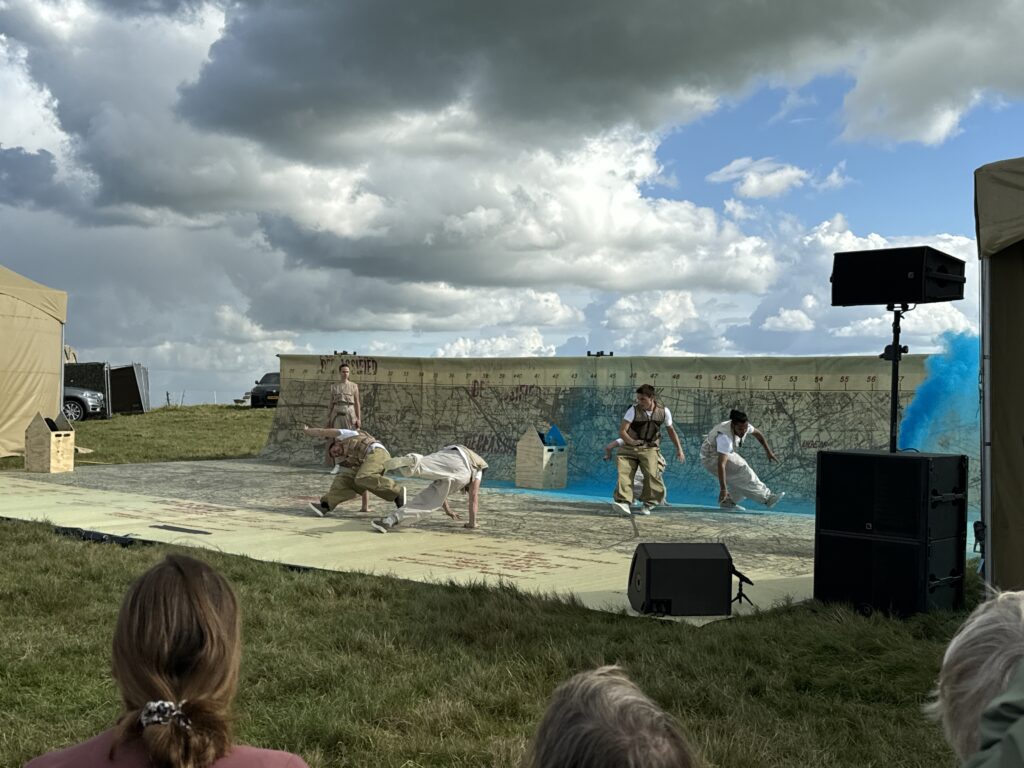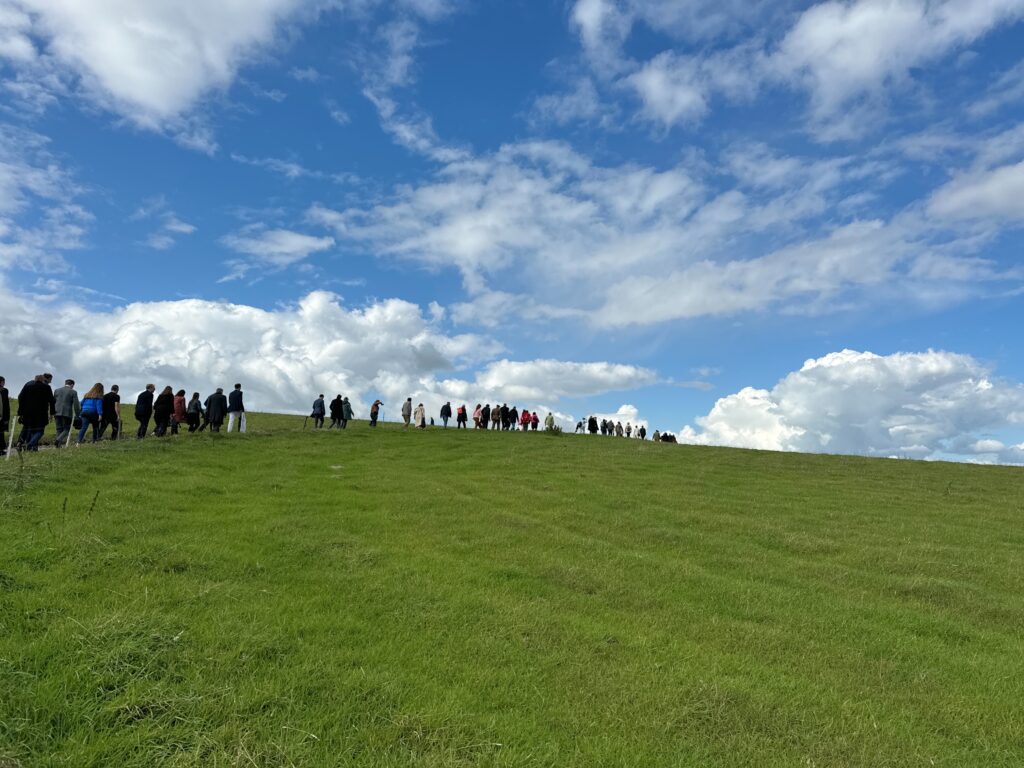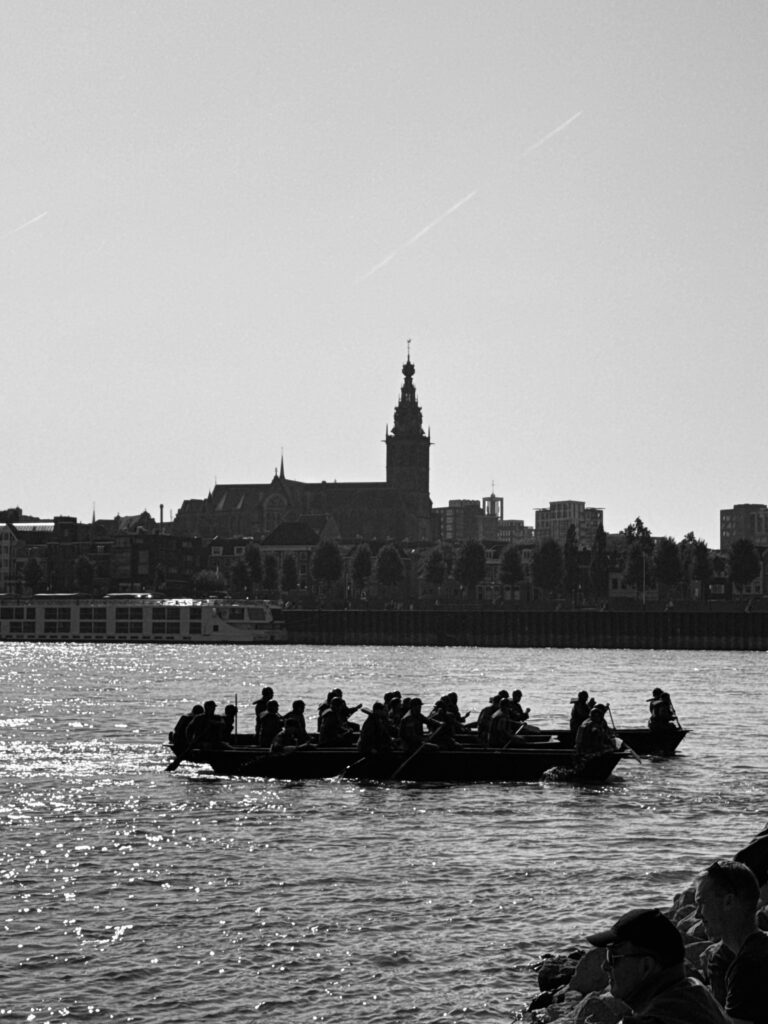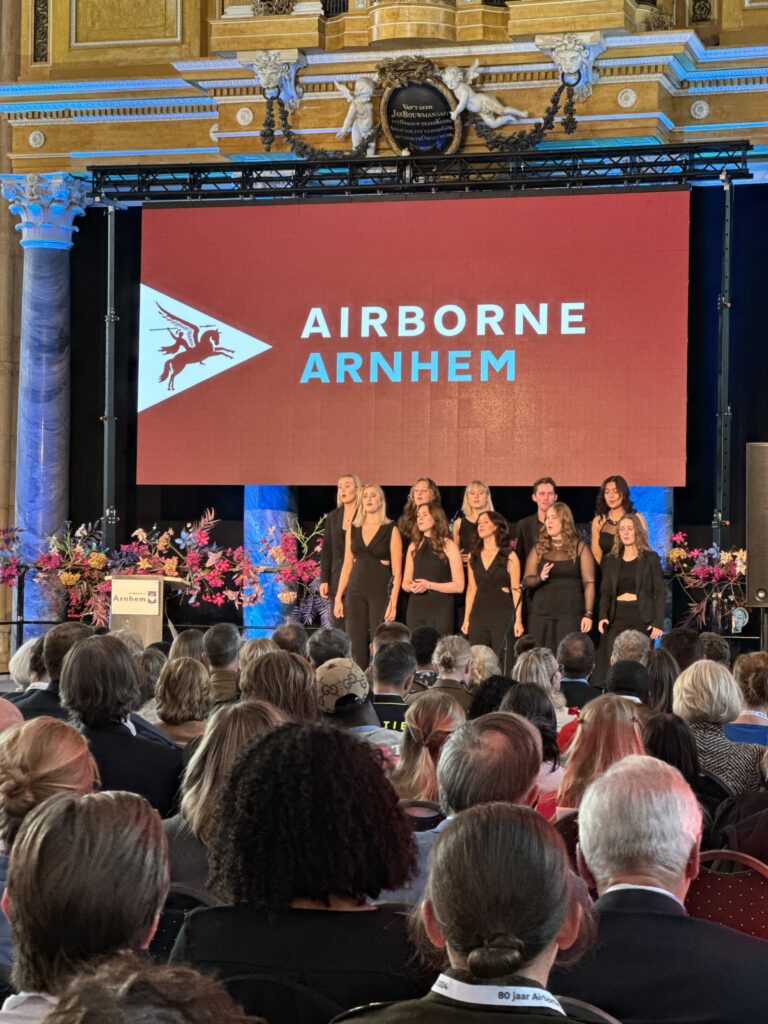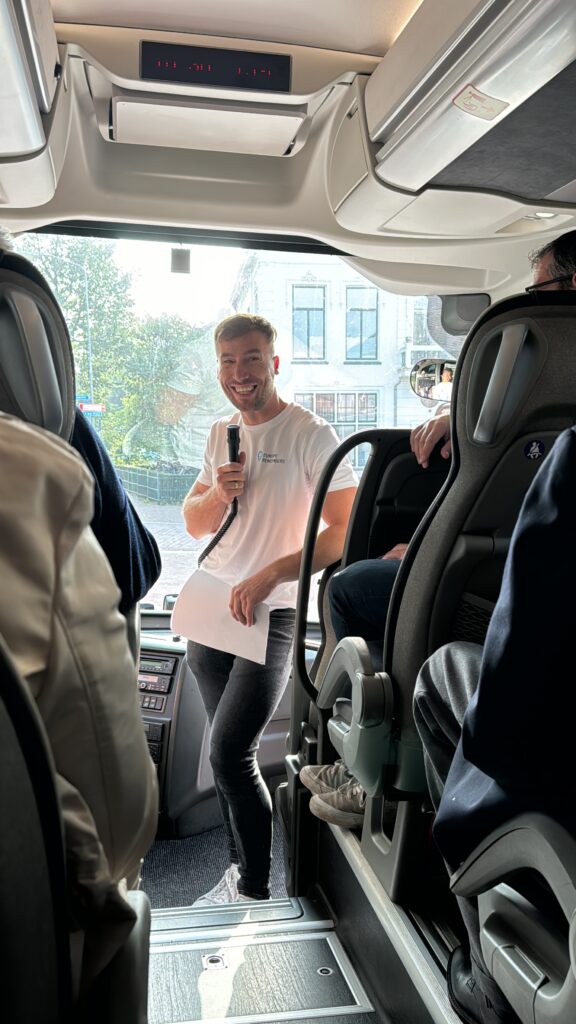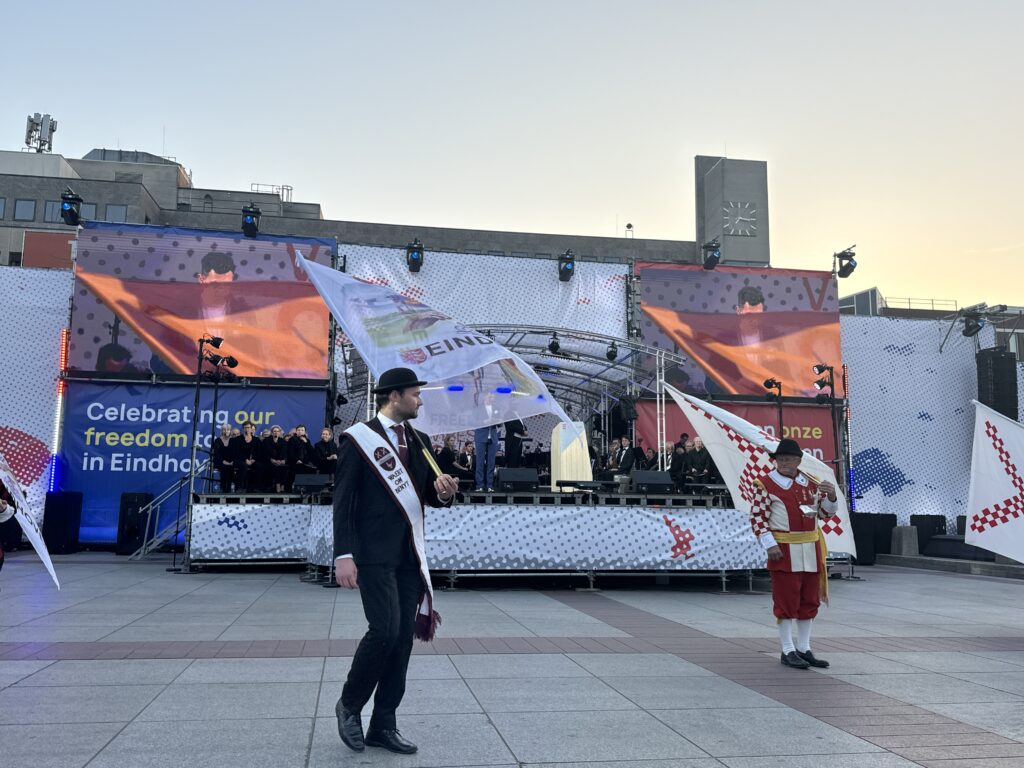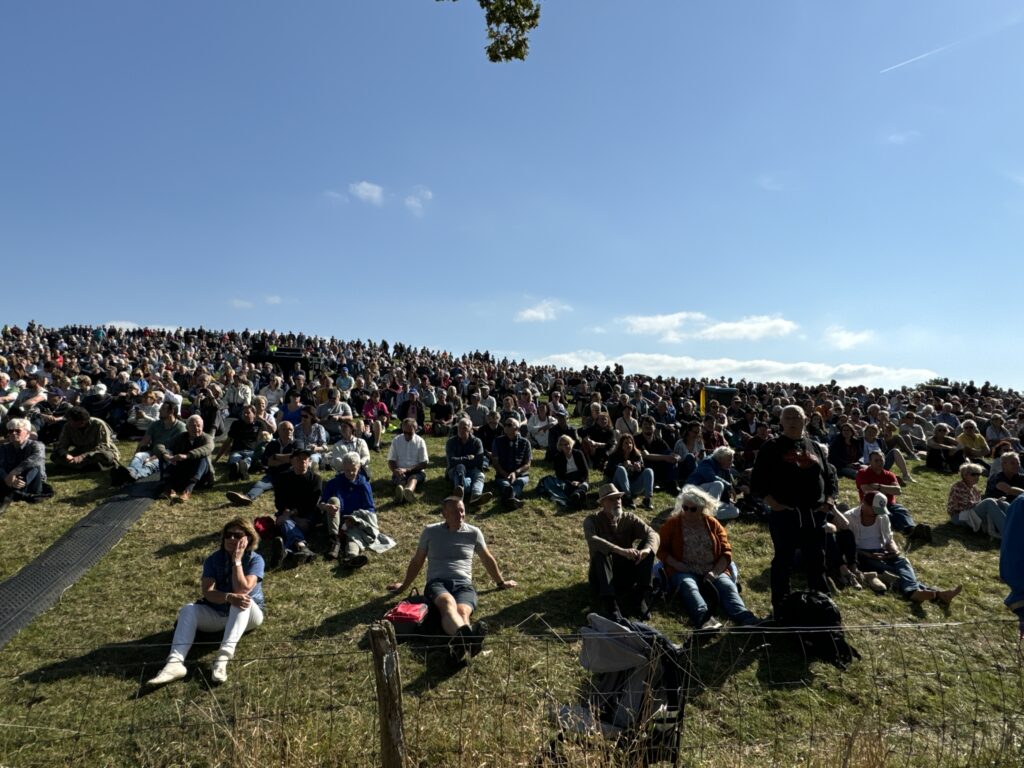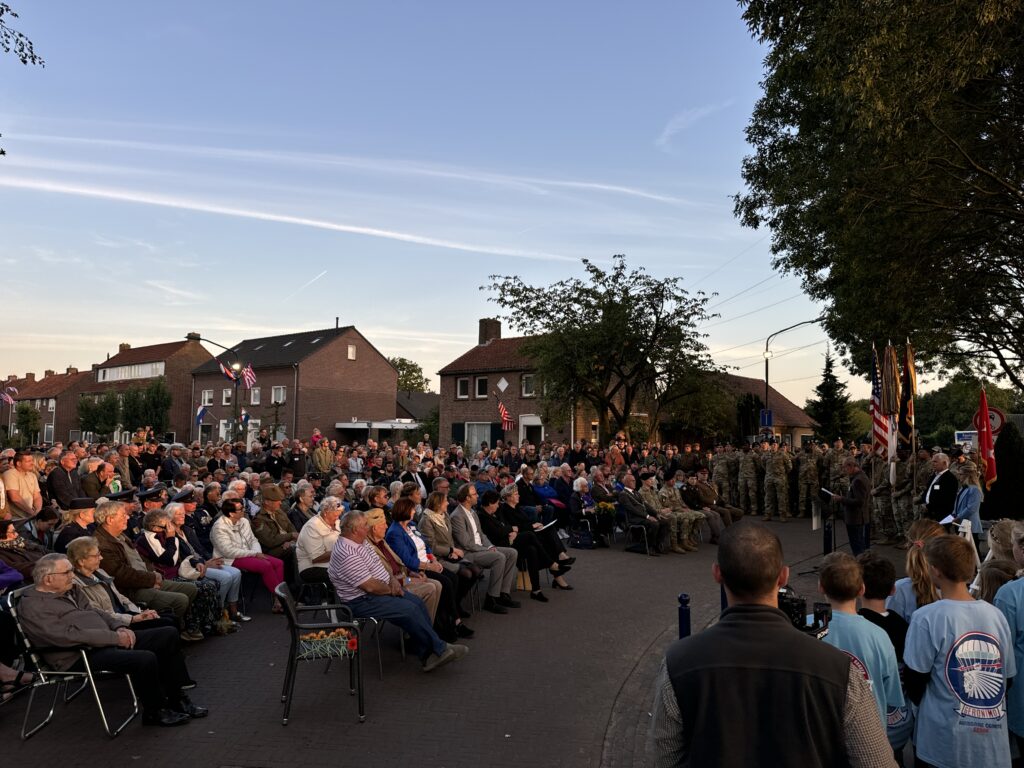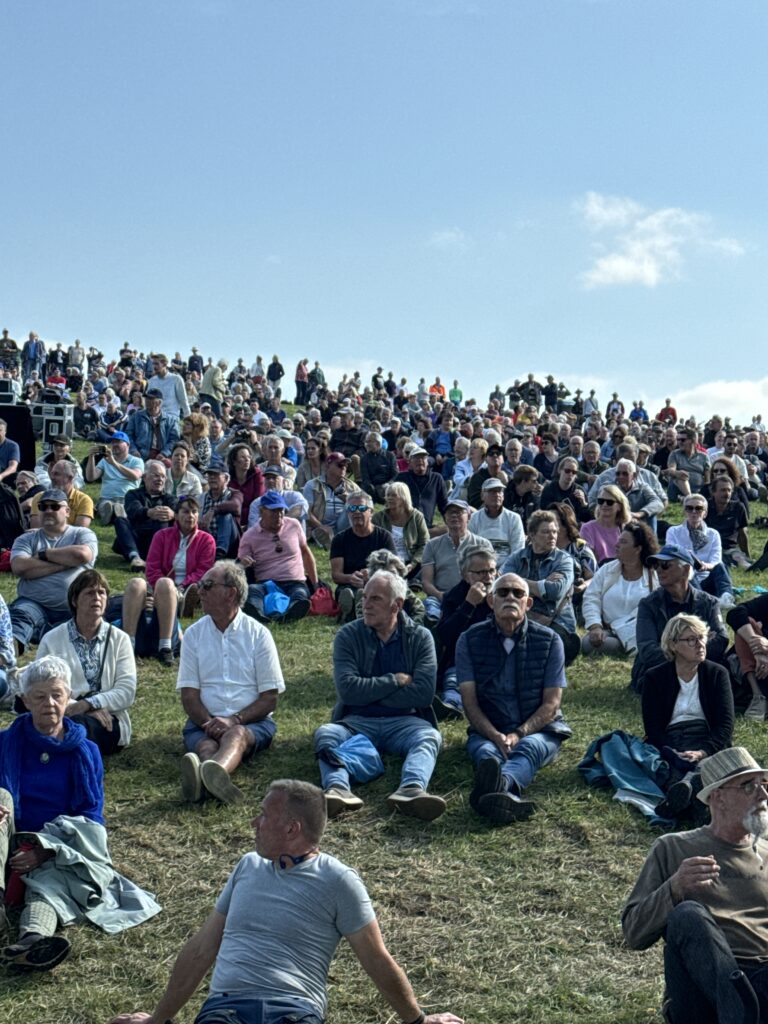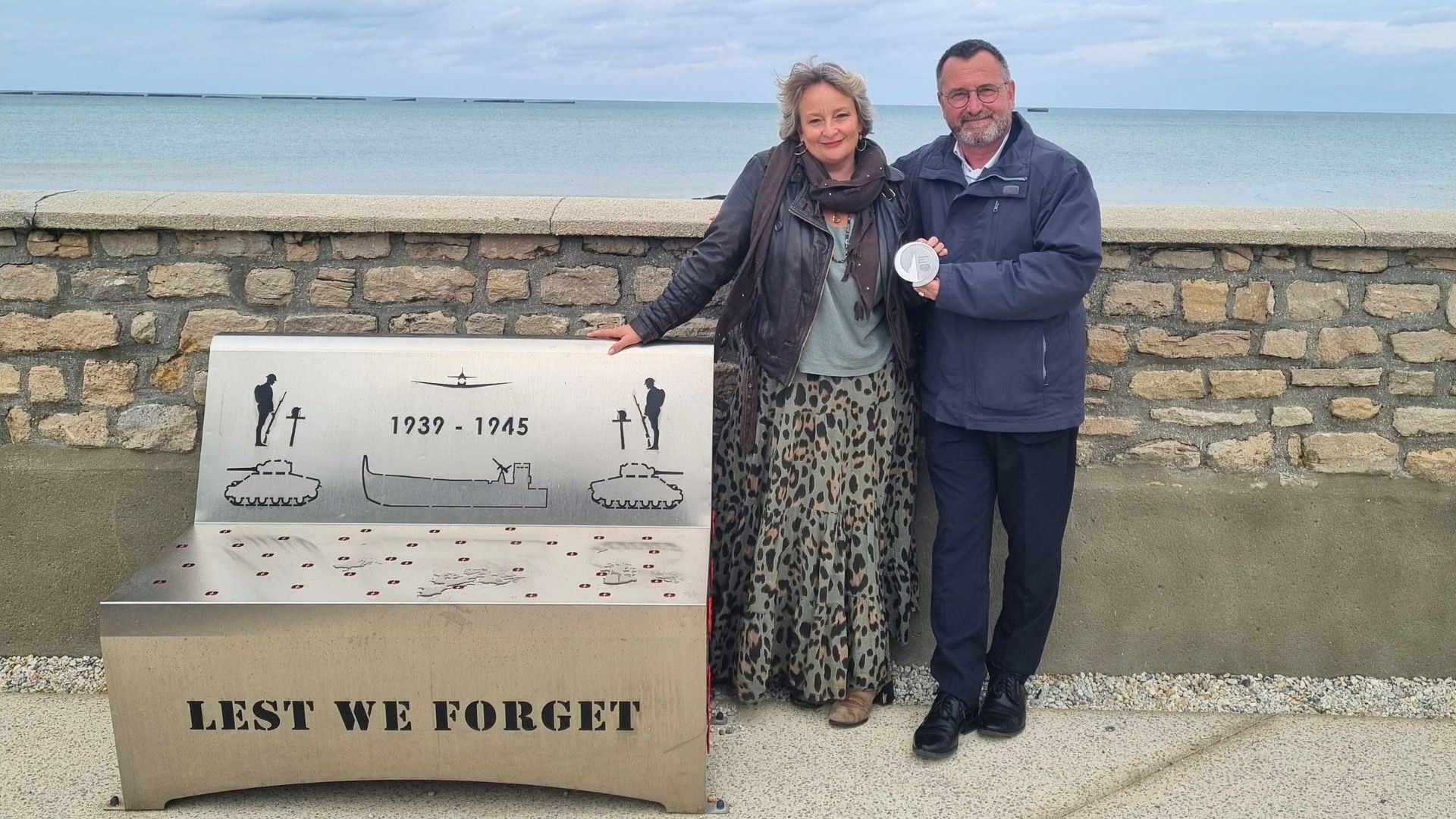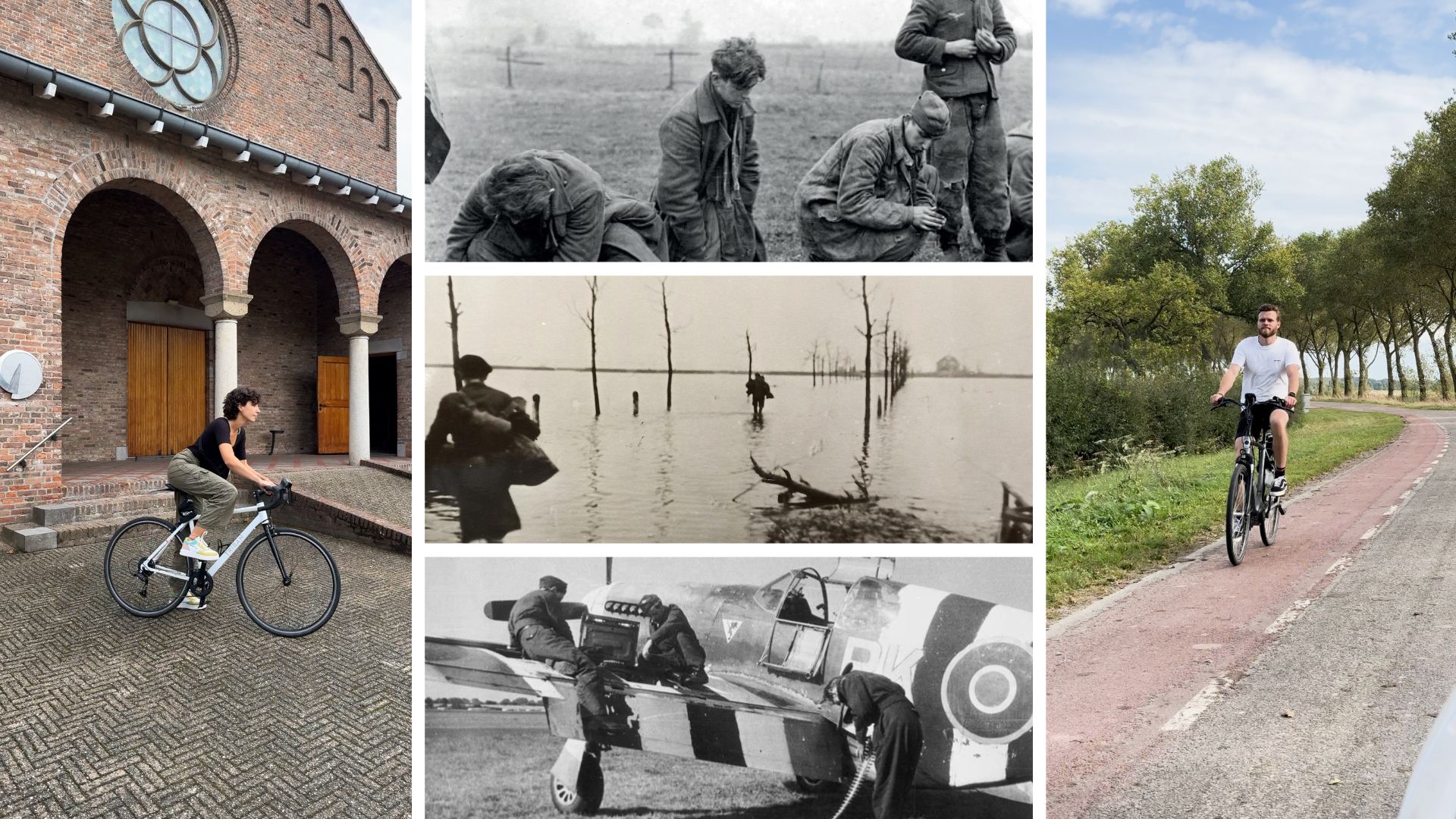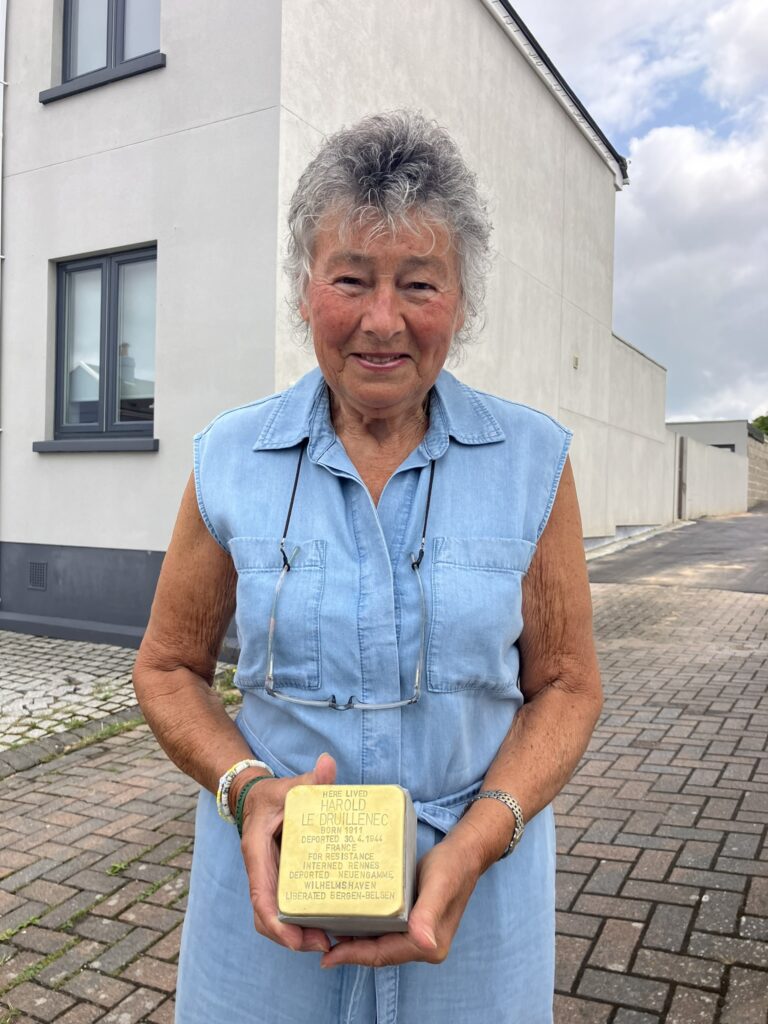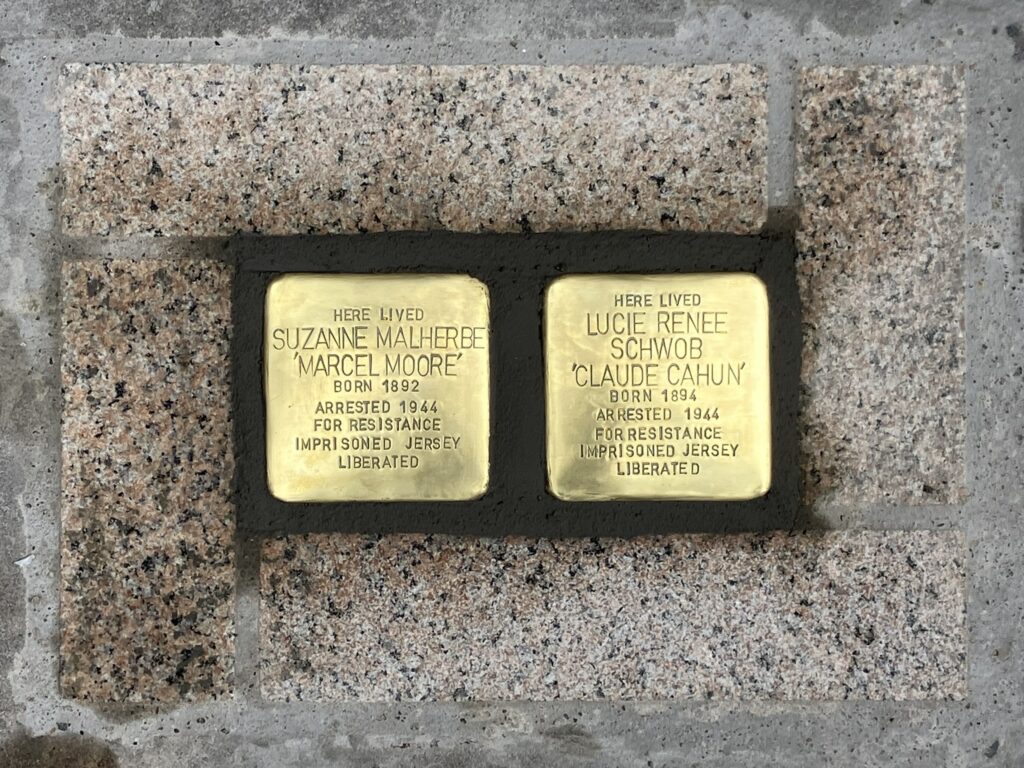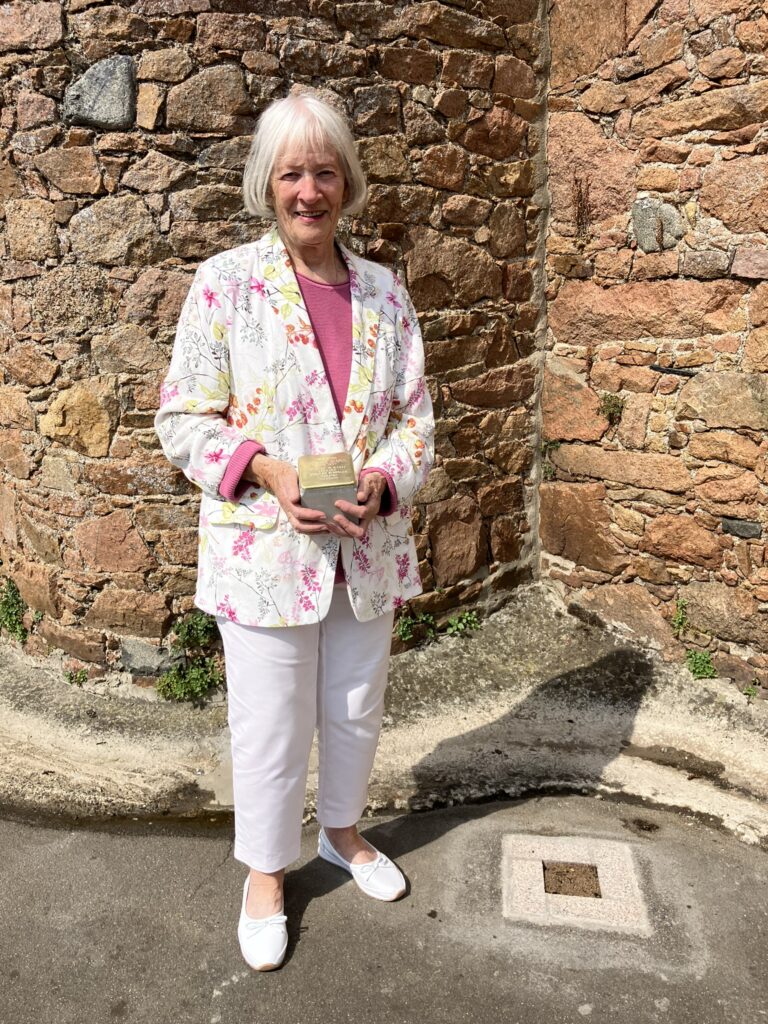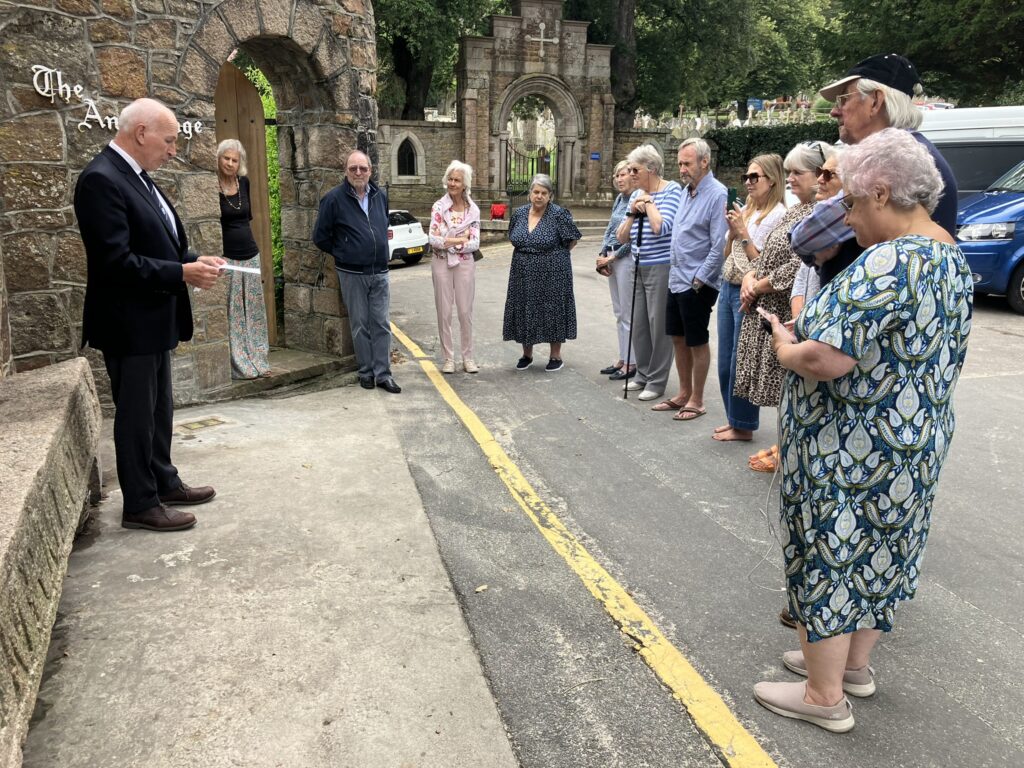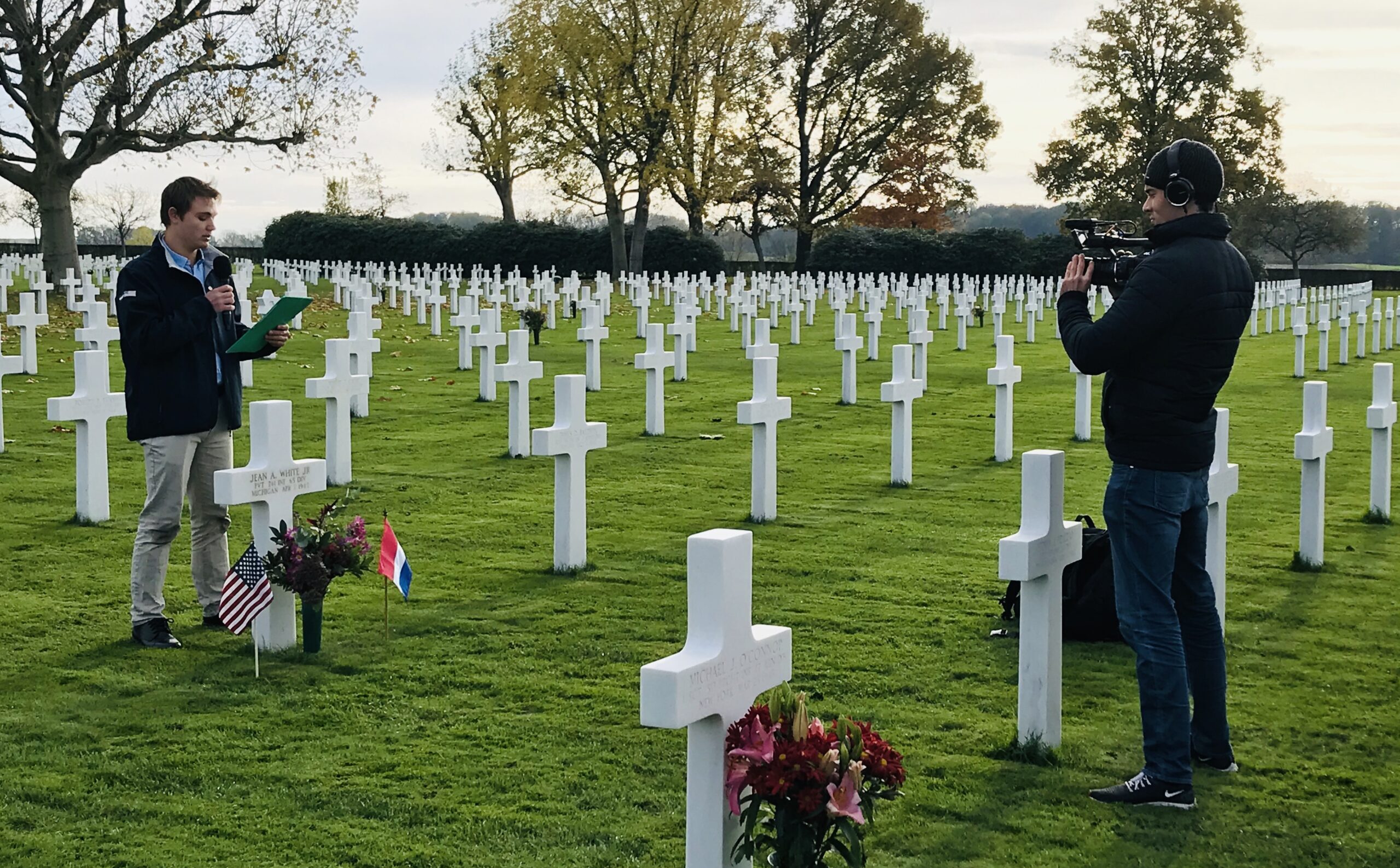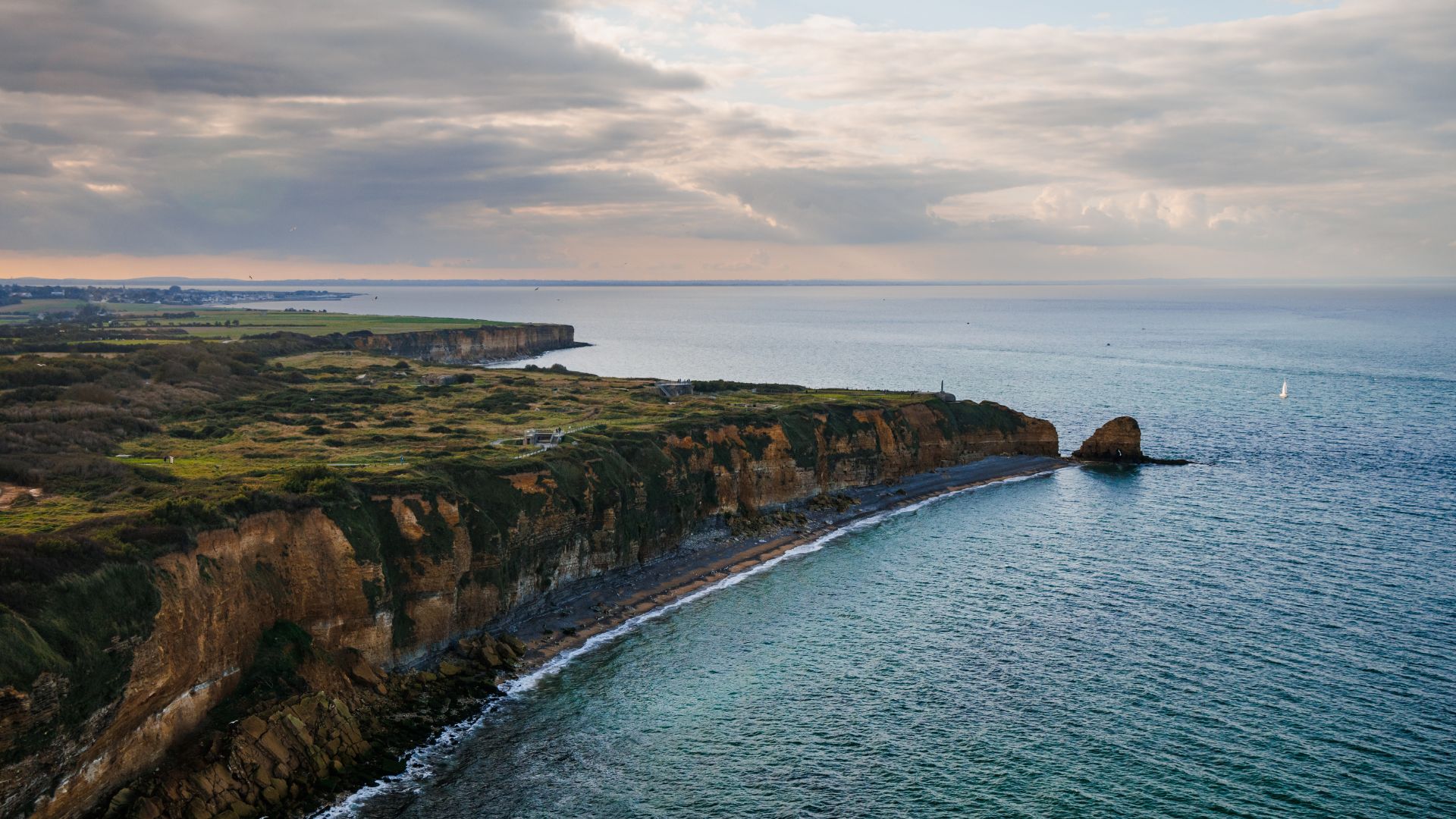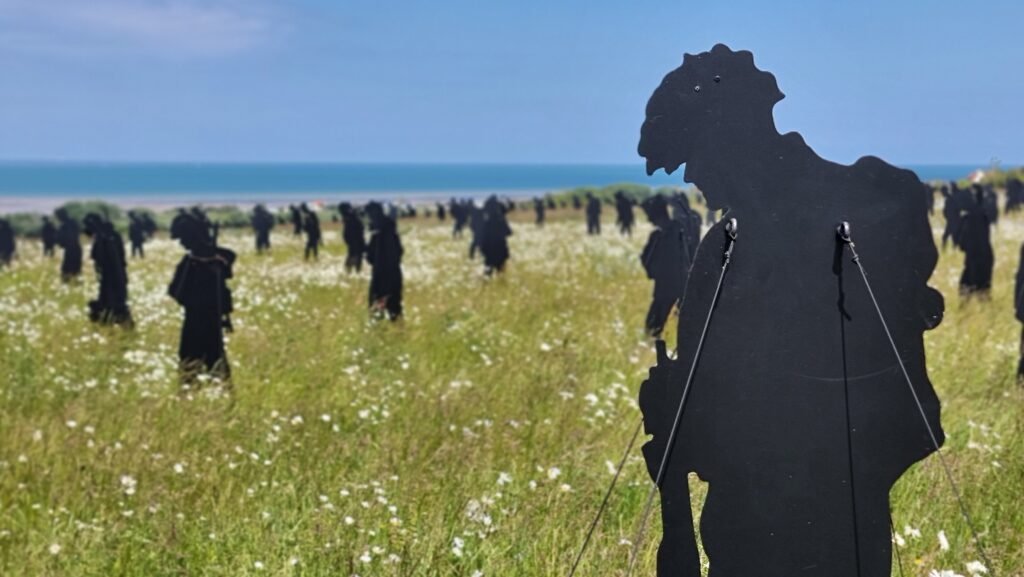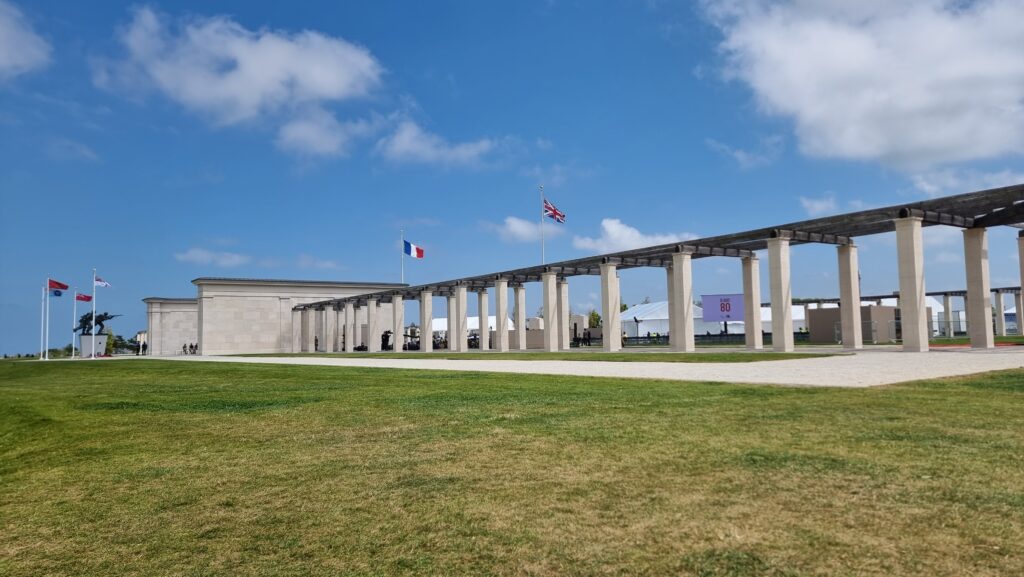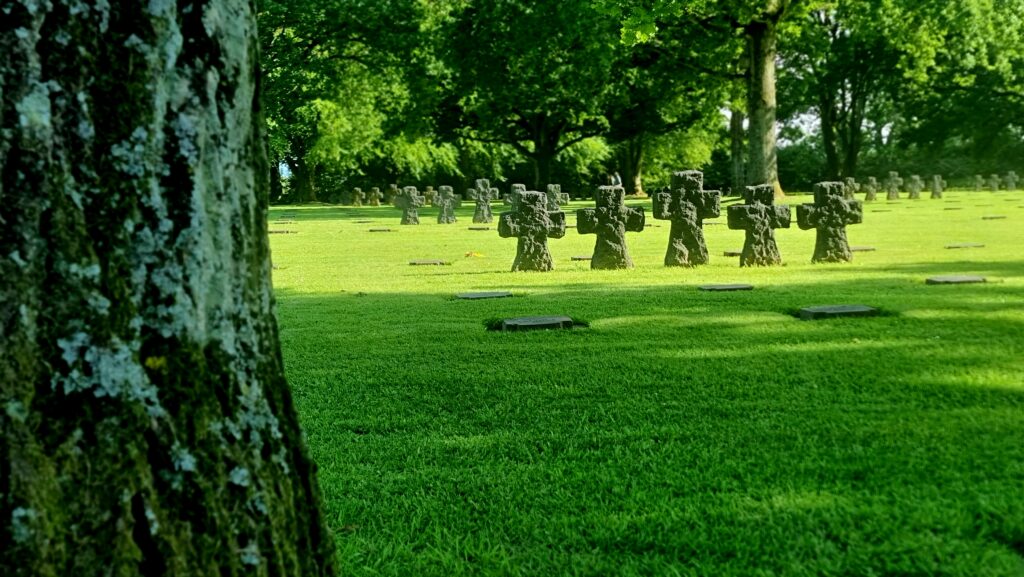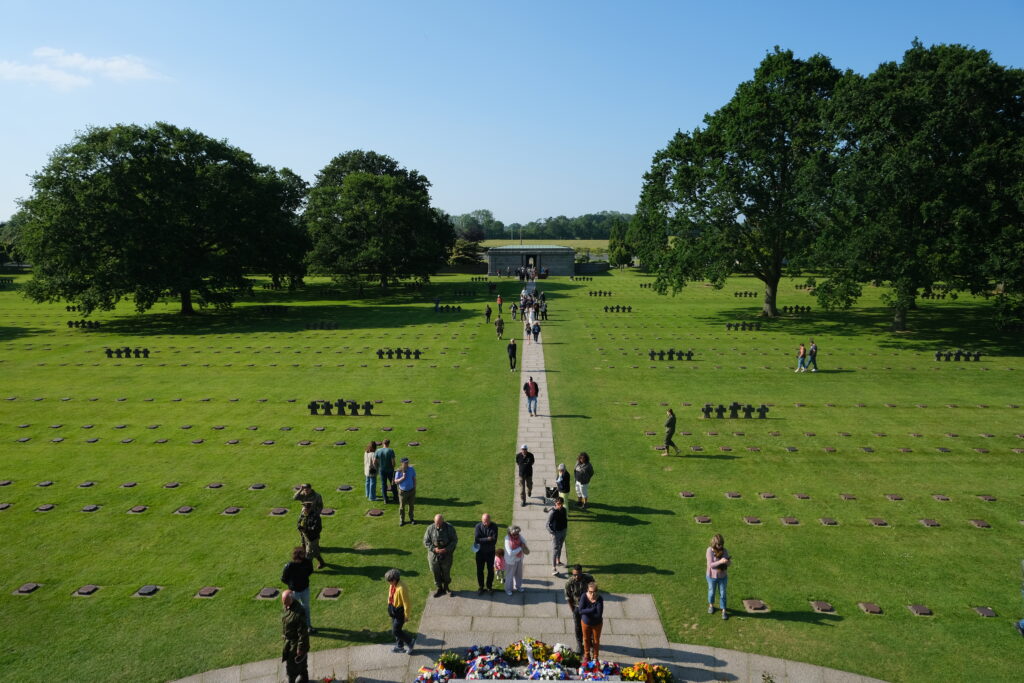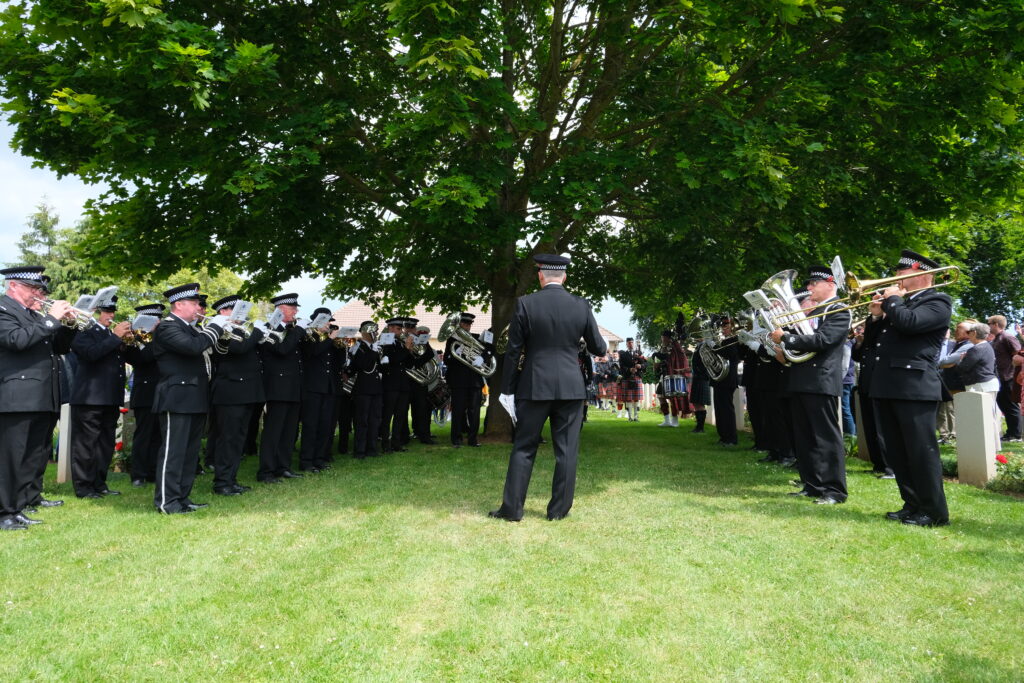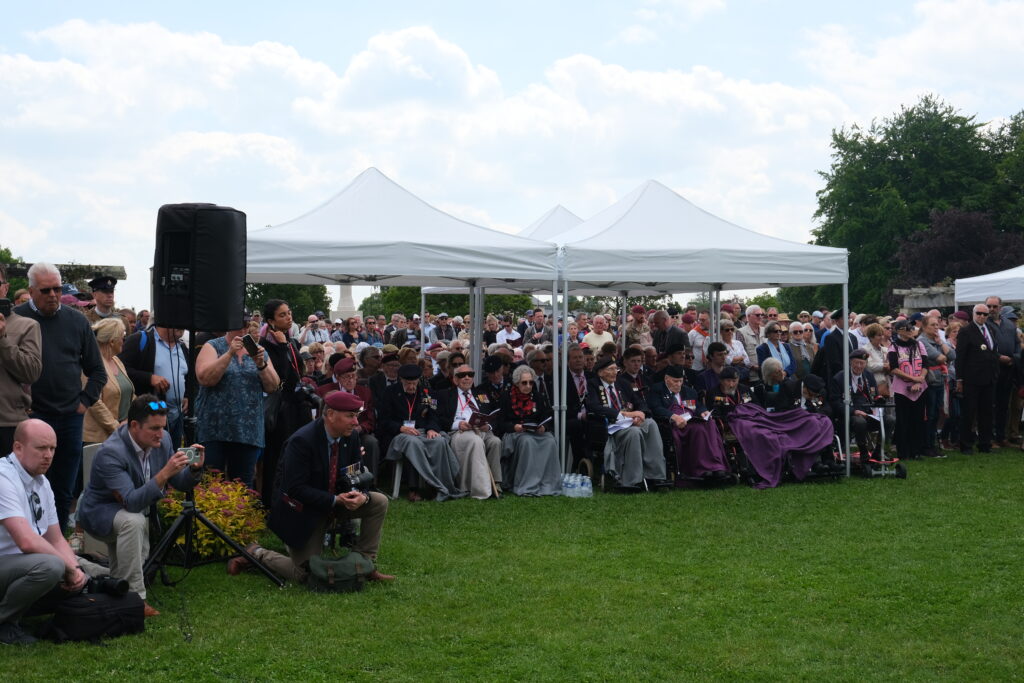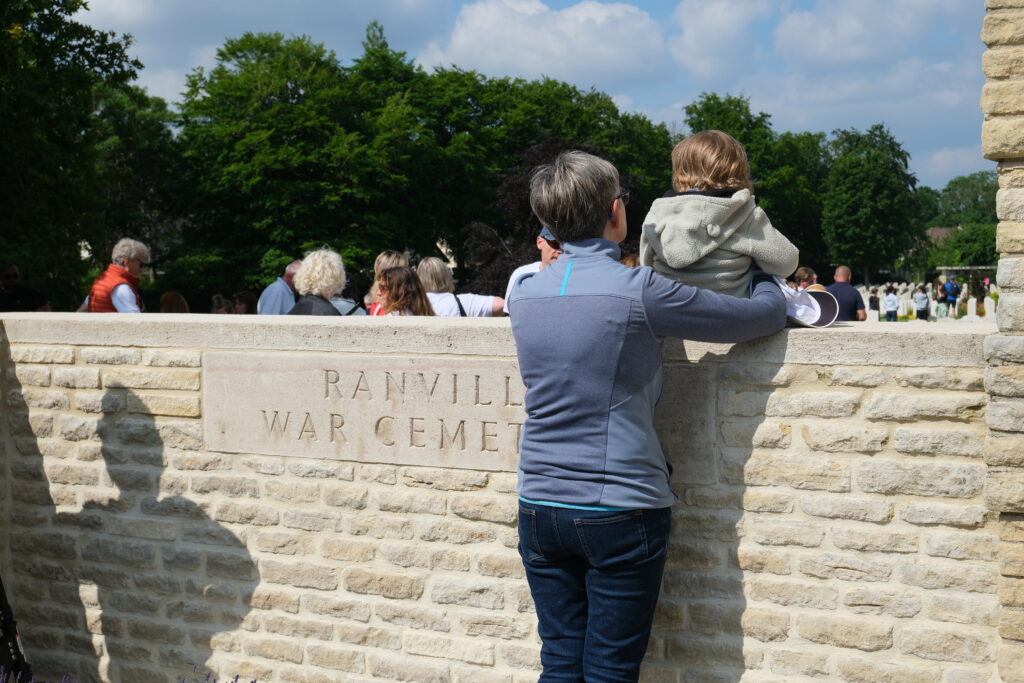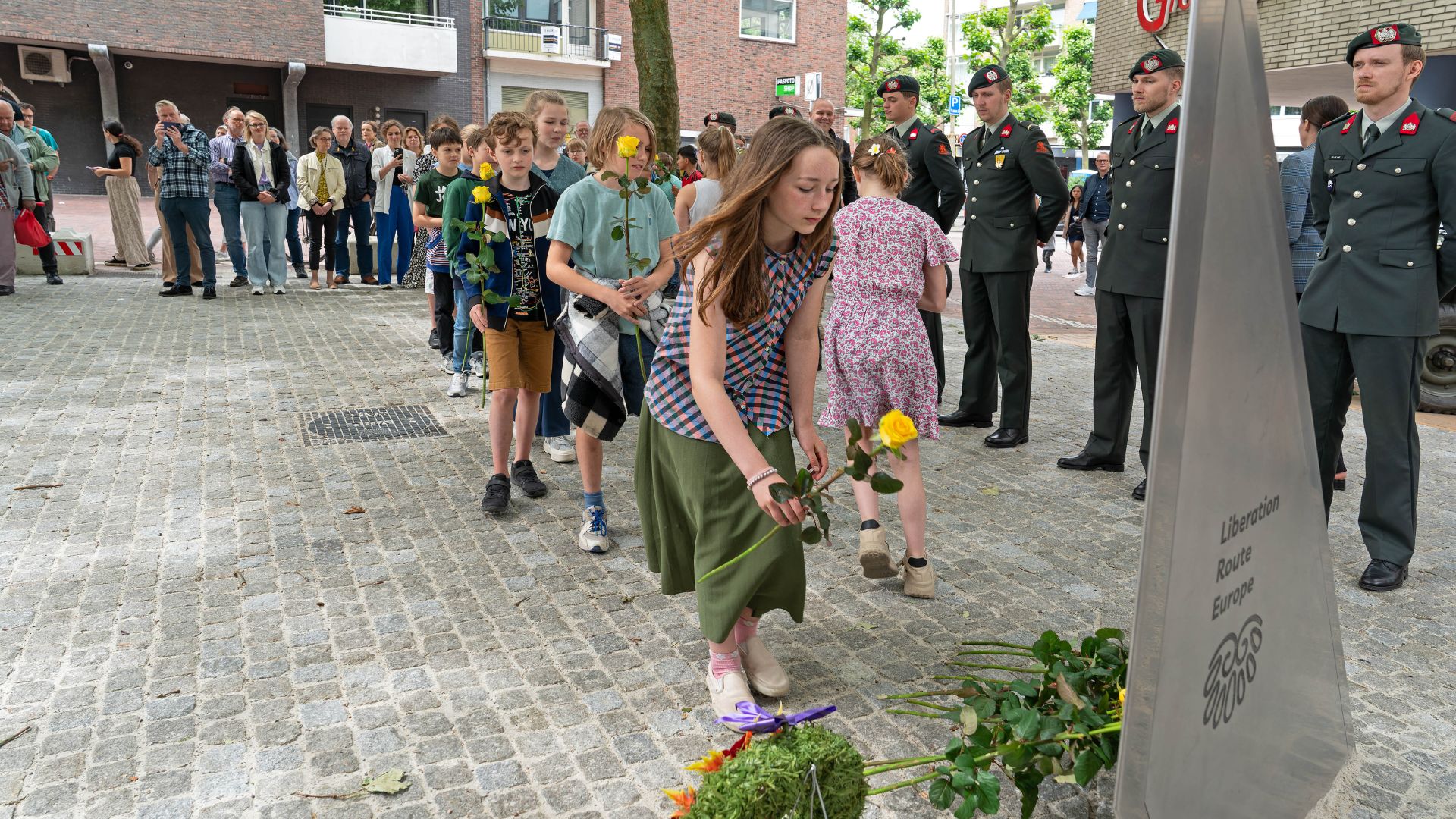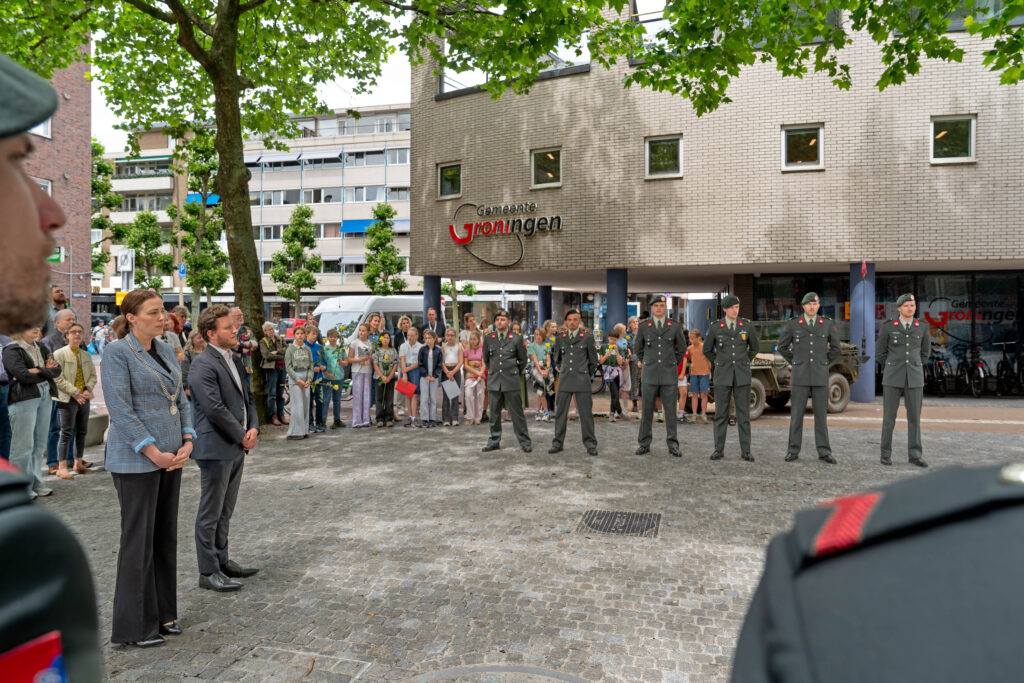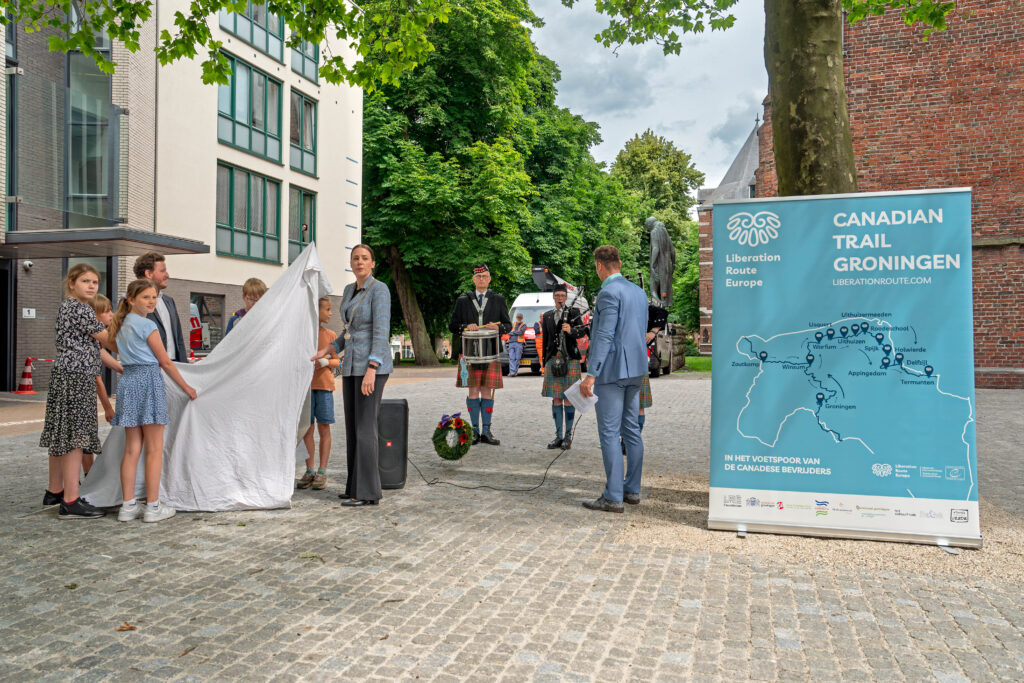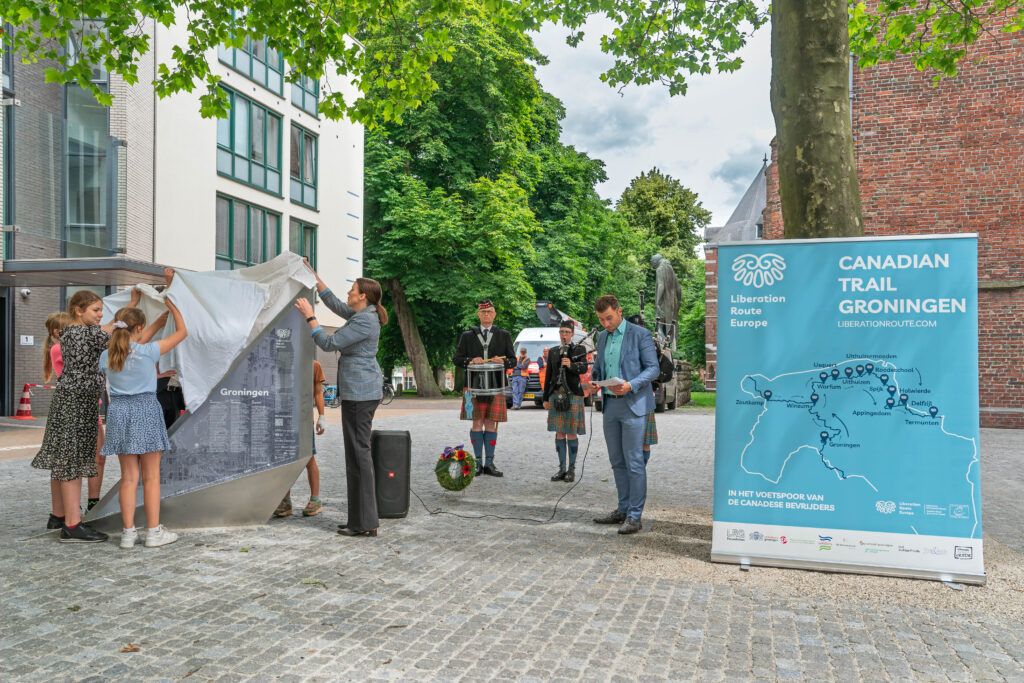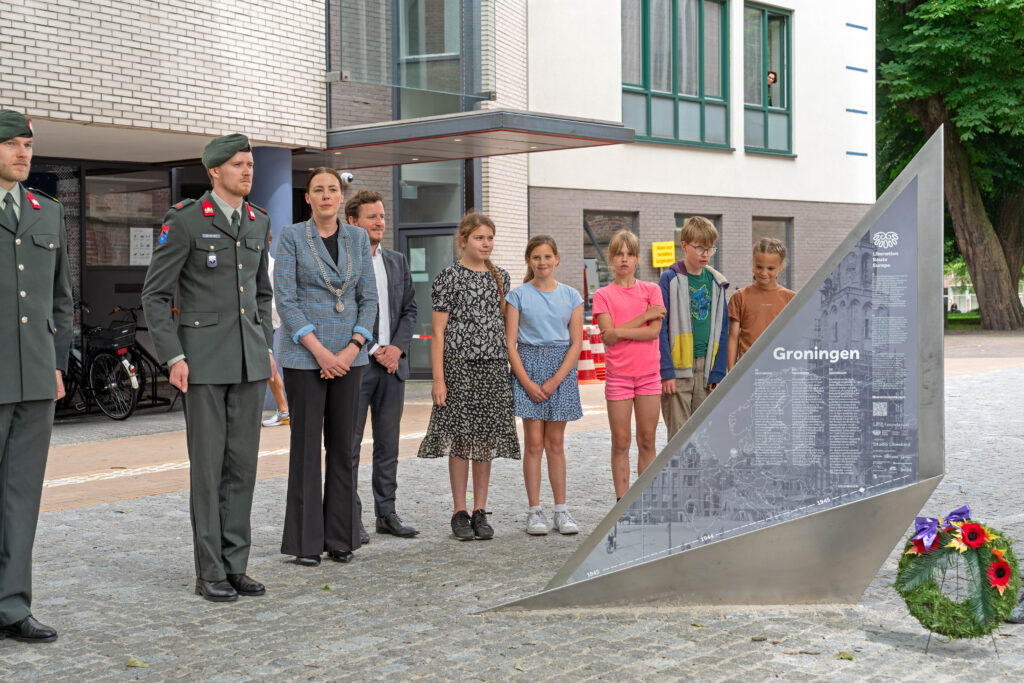As Heleen Huisjes prepares to step down from her role on the Supervisory Board of the LRE Foundation after her second mandate, she looks back on the organisation’s evolution from its regional beginnings to a European network. Throughout her time, Huisjes has played a crucial role in supporting the foundation’s mission of raising awareness about World War II. In this interview, she discusses the achievements she’s most proud of, memorable moments, and her hopes for the future of the LRE Foundation.
Could you share a brief overview of your journey with the LRE Foundation, including how you first got involved and the roles you’ve held over the years?
It’s been eight years since I joined the Supervisory Board of the LRE Foundation. My involvement began around the time LRE was founded in the Netherlands, thanks to our colleagues in Gelderland. But the province I work for, Brabant, was also involved from the very beginning, even before I personally joined. That’s how I initially became part of the Supervisory Board. Beyond that, the mission of LRE strongly resonated with me personally, so I was glad to be asked to be part of this reality.
Even as LRE evolved into an international organisation with an office in Brussels, we felt a strong desire to stay involved because the subject is so important. In Brabant, we are committed to participating in projects, carrying on the message, and helping to develop the LRE routes.
Now that my mandate is over, I would still like to give my contribution and support the Foundation in different ways.
You’ve witnessed a lot of growth and change at the LRE Foundation over the years. Can you reflect on some of the achievements that make you most proud?
Let’s be very clear: the credit for these achievements goes to the LRE organization itself. With Rémi Praud as Managing Director, his predecessor Victoria van Krieken, and Jurriaan de Mol, who played a significant role, the entire team worked incredibly hard and with so much passion to make it all a success. I’m extremely proud of the team and what they’ve accomplished. The board, in my view, has a supportive role, ensuring things stay on track in terms of governance and finance.
One thing that stands out to me is the impressive growth of LRE from a smaller regional organization to a European network with satellite offices in five different countries. This expansion was a necessary step to truly establish LRE as a European presence. Other achievements that have made me proud over the years include the partnerships with Rough Guides a few years ago and the introduction of the Vectors of Memory by Daniel Libeskind as they both show the team’s commitment to maintaining high standards and making the route accessible to a wide audience.
Are there any particularly memorable moments or experiences from your board service that stand out to you?
I have particularly good memories of LRE Forums. I have very good memories of the one in Florence which was excellently organised and left me with many fond memories. Last year in Aachen the speakers were outstanding, especially Holocaust survivor Mala Tribich. She kept the whole audience on the edge of their seats, and there was a profound silence afterward. I often think back to that moment. Her story was impressive, but what stood out was her ability to remain positive. That’s impressive and a message to all of us. The fact that the Liberation Route and all the regional initiatives strive to connect with contemporary issues is both impressive and challenging.
How have you seen the LRE Foundation evolve and grow during your years of service? What do you believe sets the organization apart and makes it successful in achieving its mission?
The Foundation’s mission itself is crucial. It’s important that we emphasize historical facts and explain them, demonstrating the consequences of turning a blind eye or excluding people. This is particularly relevant today, as similar issues may be resurfacing. It’s vital to make these lessons meaningful for younger generations.
There are other organizations dealing with aspects of World War II and their work is valuable, but what I appreciate about the Liberation Route Europe is its comprehensive approach and holistic view, both in subject matter and methodology. The work of the Foundation is not just about education or preserving archives or building landmarks, it’s also about storytelling and building connections and routes.
Do you have any advice for your successor or something you’d like to say to the LRE Foundation network, board members, and supporters as you bid farewell?
I think the Foundation is already looking toward the future, so I believe you understand what’s at stake. Sometimes, I’m afraid it will become more difficult. I notice within my region that governments tend to change the ways in which they approach the remembrance of the Second World War. It’s a concern, but I also see interest because of the crises, conflicts, and polarization we experience right now in Europe. I’m certain that the Liberation Route has a crucial role to play there. The urgency and relevance of the organisation are clear from my perspective. I truly hope that other European stakeholders will recognize this urgency more and support the Foundation so that we can keep focusing on our mission. With growth and an international focus, I’m optimistic this is achievable. The future is promising, and it’s essential that younger generations understand what’s at stake.
